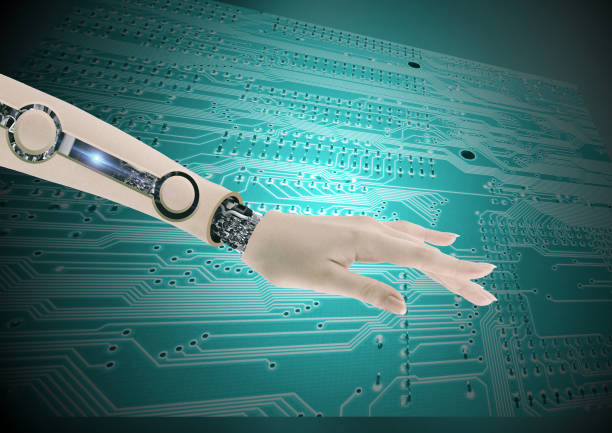In the ever-evolving landscape of healthcare, the convergence of Artificial Intelligence (AI) and implantable medical devices is shaping a remarkable future. These advanced, AI-powered implants are redefining patient care, providing real-time insights, and enabling personalized treatments that were once the stuff of science fiction.
The Synergy of AI and Implantable Devices
The marriage of AI and implantable devices represents a transformative force in healthcare, offering several key advantages:
1. Enhanced Monitoring: AI algorithms continuously analyze data from implantable devices, providing clinicians with a comprehensive view of a patient’s health and enabling early interventions.
2. Personalized Treatments: AI tailors treatment plans based on real-time patient data, optimizing therapy effectiveness and minimizing side effects.
3. Predictive Insights: AI predicts disease progression, enabling timely adjustments to treatment strategies.
4. Remote Management: Implants connected to AI systems offer remote patient monitoring, reducing the need for frequent in-person visits.
Applications of AI-Enhanced Implantable Devices
AI-powered implantable devices have a wide range of applications across healthcare:
1. Cardiac Health: Implantable devices, such as AI-enhanced pacemakers and defibrillators, monitor heart rhythms and deliver therapies when needed.
2. Neurological Disorders: AI-driven neurostimulators help manage conditions like Parkinson’s disease and epilepsy with precision.
3. Chronic Conditions: Implants combined with AI algorithms are used for personalized diabetes management and chronic pain relief.
4. Prosthetics: AI-enhanced prosthetic limbs provide users with more natural and intuitive control.
Challenges and Considerations
The integration of AI into implantable devices introduces challenges, including data security, privacy concerns, and regulatory compliance. Ensuring the ethical and responsible use of AI in healthcare is paramount.
The Future of AI-Enhanced Implantable Devices
The future of AI-empowered implantable medical devices is promising:
- Biohybrids: Implants will incorporate biological elements for improved biocompatibility and functionality.
- Wireless Connectivity: AI implants will communicate seamlessly with external devices and healthcare systems, allowing for remote monitoring and adjustments.
- Cognitive Enhancement: AI-enhanced brain implants may enhance cognitive functions and treat neurological disorders.
- Global Accessibility: AI-powered implants will increase healthcare access, particularly in underserved regions.
Conclusion: Transforming Healthcare with AI-Enhanced Implants
AI-empowered implantable medical devices are at the forefront of medical innovation, offering the potential to revolutionize patient care and well-being. As technology continues to advance, we can expect AI-driven implants to play an increasingly pivotal role in healthcare, providing more precise diagnostics, personalized treatments, and improved patient outcomes. Medical Devices Global remains committed to providing comprehensive coverage and insights into this dynamic world of AI-enhanced implantable devices and their transformative impact on the future of healthcare.



